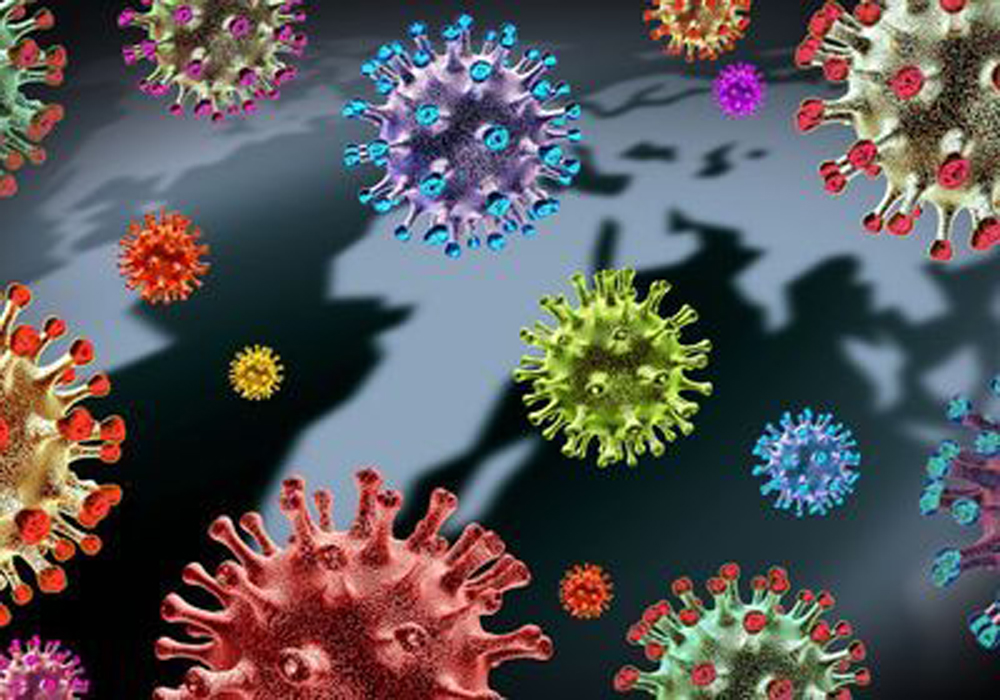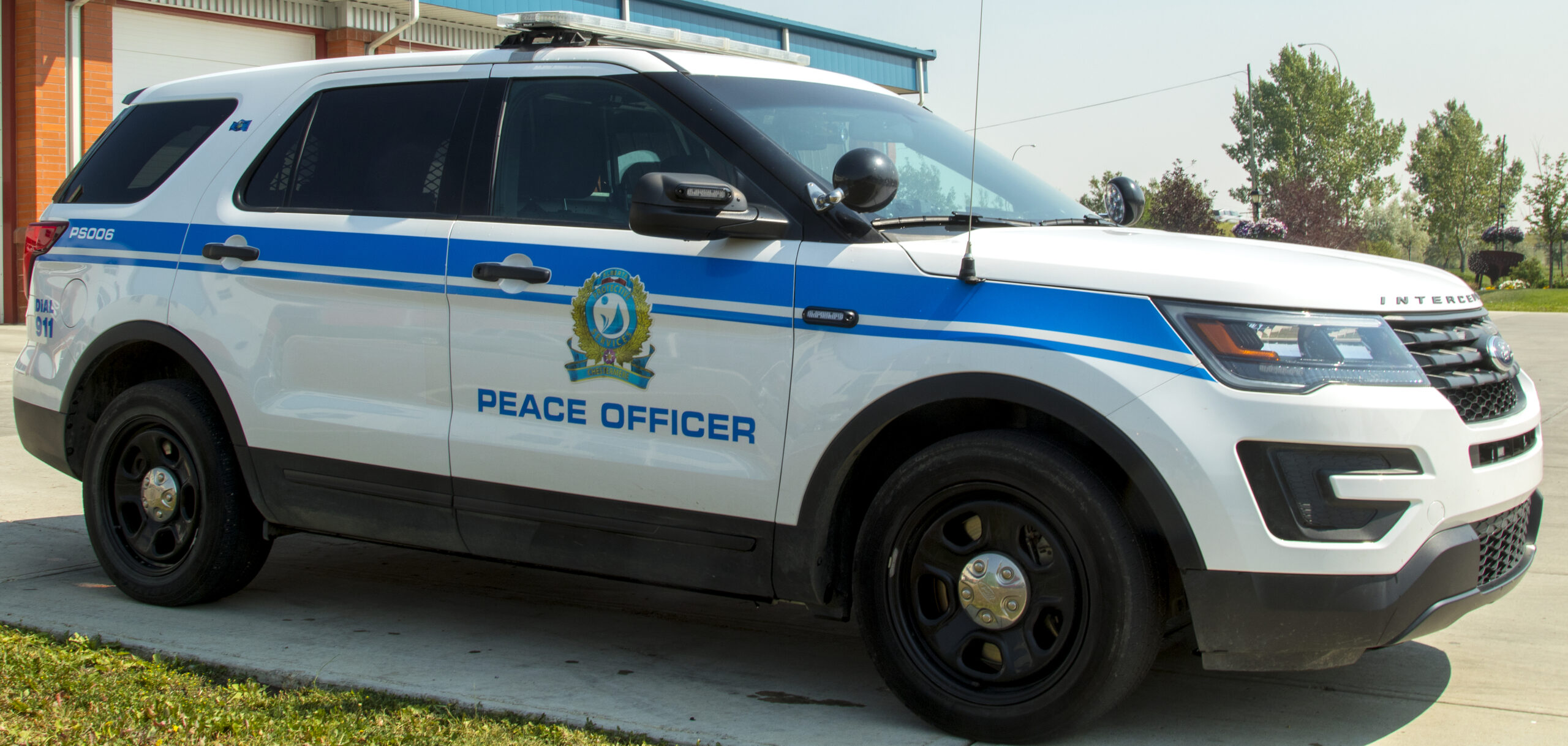Alberta Health Services (AHS) hosted a virtual COVID-19 Community Conversation, featuring Medical Officer of Health Dr. Michael Zakhary.
“We want to make sure the message is being conveyed, and questions are being addressed in a comprehensive way so our community members can make an appropriate decision,” Zakhary said.
Although the province has been through three waves of COVID-19, evidence suggests that the variants of concern are more contagious and can spread more easily than the original strain, Zakhary explained.
“It’s not yet clear whether the variants cause more severe illness, there is concern about the impacts if they become common in our communities so more illness, hospitalization, and death could be encountered,” Zakhary said.
Alberta Precision Laboratories are no longer conducting screening tests for the variants of concern, as approximately 87 per cent of positive cases in Alberta are the variants of concern.
“Despite all the challenges we faced in 2020, at the end of the year we had the good news of the beginning of vaccination, and now all Albertans over 12 years of age are eligible to receive vaccination,” Zakhary said.
The vaccines prepare the body to fight the virus, so the impact of the disease is reduced or even eliminated.
“The vaccines do not contain the virus itself. You can’t get COVID-19 from vaccination. The vaccine is one of the ways, that I believe, we can put an end to COVID-19 and the restrictions, everyone needs to do their own part,” Zakhary said.
Adding, “The more people who are immunized, the faster we can all get back to normal life.”
Vaccination is currently being offered in acute care settings for Albertans who will have a longer duration of stay in the hospital, and some physicians have been offering vaccination in the community clinics and offices.
After receiving the vaccine, individuals could experience mild reactions, such as redness, swelling, itching, and bruising at the site of injection, feeling unwell, headache, fever, chills, body aches, and swollen lymph nodes.
It takes two weeks to build immunity, so Albertans must receive a second dose in 12 to 16 weeks, while still following public health measures.
“It’s possible to get COVID-19 like symptoms after vaccination, however, once you get the symptoms wait for 24 to 48 hours and monitor for symptoms. If the symptoms are prolonged, you need to get tested and isolate,” Zakhary said.
While contracting COVID-19 after vaccination is rare, AHS monitors all cases of infections after vaccination.
“We have a few cases, and they are minor cases, it does not represent the majority. Most cases do not get COVID-19 after vaccination, and even those cases are mostly asymptomatic which is the most important thing,” Zakhary said.
“Vaccines do not just prevent infection, but the most important part is they prevent symptomatic infection and severe forms of infection,” he said.
It is still unknown if receiving the vaccine prevents individuals from spreading the COVID-19 virus.
“That’s why we continue to follow public health measures to keep unvaccinated people safe until more people get vaccinated,” Zakhary said.
Albertans who have had COVID-19 previously, are also encouraged to receive the vaccine.
“Evidence shows that immunity by the vaccine is needed regardless of having a previous COVID-19 infection,” Zakhary said.
“At this point in time, we don’t have any data around vaccination being mandatory, vaccination is voluntary,” he said.
Zakhary encourages Albertans to get vaccinated, continue to follow all public health measures even after vaccination, and stay informed as the COVID-19 situation evolves day-to-day.
Throughout the AHS COVID-19 Community Conversation, Zakhary emphasized the importance of spreading kindness to each other throughout the pandemic.
“We need to remember these are difficult times for everyone, and nobody is to blame, it’s important to be kind and supportive of one another in such hard times,” Zakhary said.
“Understandably, we all have concerns and fears as we deal with the pandemic, but we shouldn’t allow these fears to harm others in any way,” he added. “Wash hands, wear a mask, physical distance, and above all, be kind to one another.”








